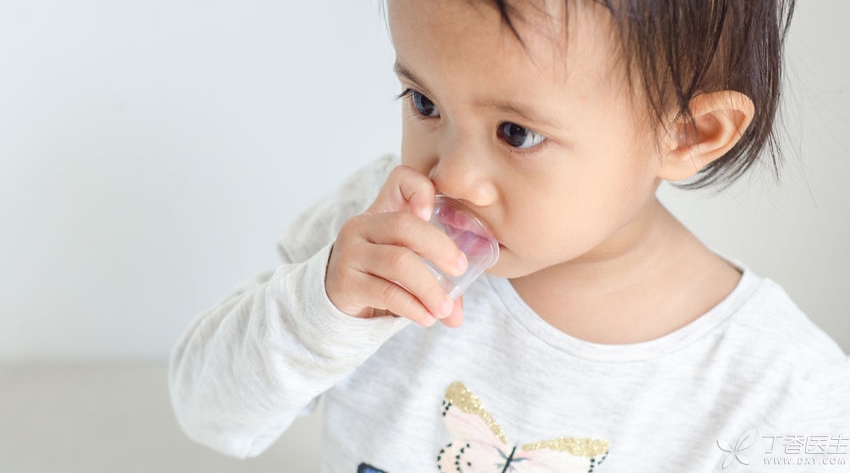
My child is 3 years old and has not eaten a mouthful of fruit. He will barely drink two mouths of fruit juice. Basically, he only likes to eat something tasty, such as cream cakes and drinks, and he does not eat vegetables.
Now his face has grown white spots, and the doctor said it was a symptom of vitamin deficiency. But he refused to take the medicine prescribed by the hospital, only willing to eat some vitamin fudge.
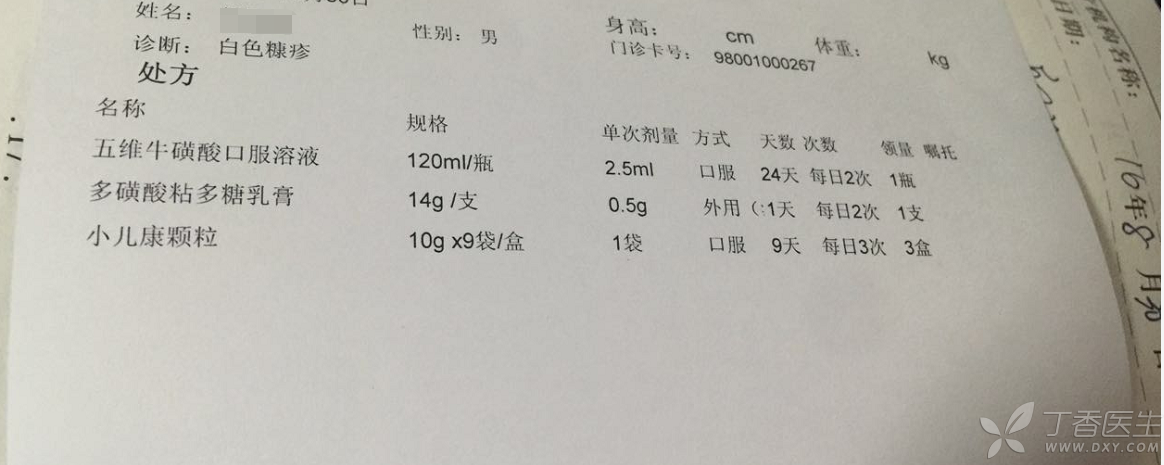
This is a recent consultation case I received. In the case, the child’s eating habits have seriously affected his health.
However, don’t ordinary children like to eat fruits? How can a good child become supported only by vitamins? We asked Teacher Li Liangli to give us a good talk.
After communicating with the mother, I found that when they first added supplementary food to the baby, they felt that the sweet rice flour children liked to eat, and they always gave the children a sweet rice flour containing milk powder.
However, this rice flour has a high sugar content.
In addition, the whole family generally likes sweet food, and all kinds of desserts are always available in the family. The children eat cream cakes and candies after one year old.
Over time, children’s habit of being addicted to sweetness has not been changed, and it has finally become today’s situation of supplementing daily nutrition by taking vitamins.
Parents should be as alert to sugar as salt, especially at the beginning of supplementary food addition. When adding rice flour to children, all sweet rice flour cannot be selected!
In addition, other sugary foods should also arouse parents’ vigilance.
Sweetness is dangerous, sugar intake must be controlled.
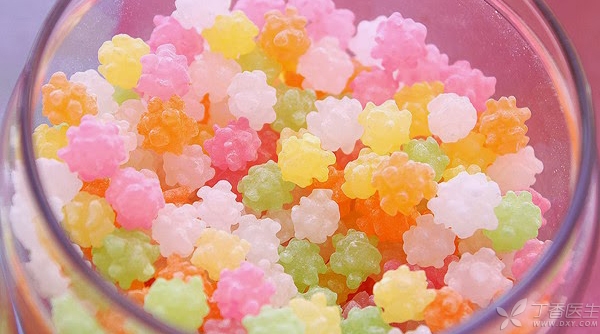
Some people may ask, eating sugar can have what hazards:
[Isn’t it tooth decay? Isn’t it obesity? As I know, the child is still young and it doesn’t matter much.]
Apart from these [possible hazards], let’s talk about some direct ones.
1. Eating too much sugar affects the intake of staple food.
Sweet foods have a common characteristic-high carbohydrate content. Mothers with a little knowledge of nutrition should know that [staple food] and [sugar] are both sources of carbohydrate.
After children eat sugary drinks and sweets, their blood sugar will increase rapidly and they will soon feel full.
Eating too much sweet food will definitely affect the intake of staple food.
If the child is given these sweets before three meals, it is impossible for the child to eat well, because the child does not feel hungry at all. Before long, the child’s blood sugar dropped and he immediately felt hungry again, so he would want to eat snacks and enter a vicious circle.
The relationship between three meals and snacks is reversed. The nutrition that children really need is not enough. Over time, it will definitely affect the growth and development of children.
2. Taste preference is difficult to correct
Both adults and children naturally like things with sweet taste. Adults can control them by their own self-control, but children cannot. Once they develop sweet taste preferences, it is difficult to correct them.
Like the children in the case, they have formed the habit of eating sweets. They refuse to eat natural sweet things such as fruits. They only like reprocessed and high-sugar desserts. Some vitamins that could have been supplemented by fruits have to be supplemented by vitamin tablets.
Eating sugar is more difficult to control than eating salt.
The problem of salt can at least be well controlled in the kitchen, while sugar control is much more difficult than salt control.
Because sugar is not only white granulated sugar in the kitchen, sugar is found in all kinds of foods eaten everyday.
Starch in rice, fructose in fruits, starch in potatoes, starch in miscellaneous beans, sugar in these natural foods need not be too worried, parents need to be on guard against free sugar.
Free sugar refers to all kinds of sugar added by human beings when making food, such as white granulated sugar and brown sugar, as well as sugar in honey and fruit juice.
The attitude of free sugar, the attitude of the World Health Organization is clear and strong:
Reduce the intake of free sugar in adults and children to less than 10% of the total energy intake. If conditions permit, the intake of free sugar should be reduced to less than 5% of the total energy intake.
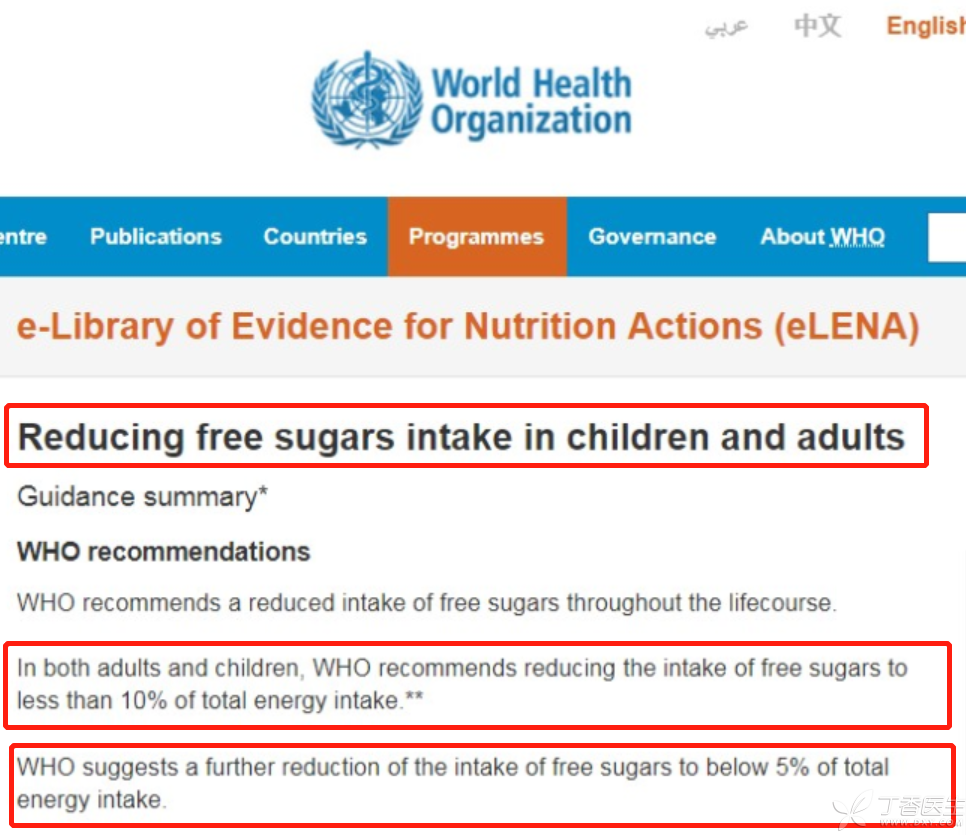
According to the requirements of the World Health Organization, for babies, the daily intake of free sugar should be about 10 ~ 15 g.
This upper limit is too easy to be exceeded.
10-15g free sugar, that is, 1/5 bottle of cola, a large mouthful of lactic acid bacteria beverage, a small piece of cake and a cup of sugary yogurt.
If the child eats casually, he will overdose immediately.
Remember and do these things to effectively reduce sugar intake.
1. See through the issue in the ingredient list
Learning to read the ingredient list is one of the necessary skills for parents. The following things in the ingredient list are invisible candy to avoid:
White granulated sugar, granulated sugar, sucrose, fructose, glucose, dextrin, maltodextrin, starch syrup, fructose syrup, maltose, corn syrup, etc.
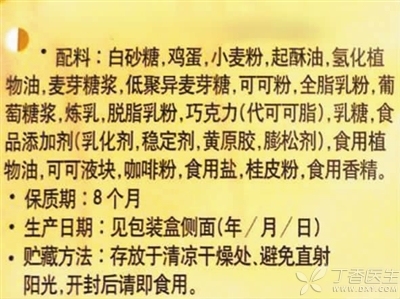
Seeing these ingredients, put the food back on the shelf silently. It is really not suitable for children to eat.
2. If you can eat fruit, don’t drink fruit juice.
Sugar in fruit juice also belongs to free sugar and also needs to be controlled. It is better to eat fruit for babies than to eat fruit juice containing slag, and it is better than to eat fruit juice without slag.
The American Academy of Pediatrics also recommends that children under one year old should not drink fruit juice.
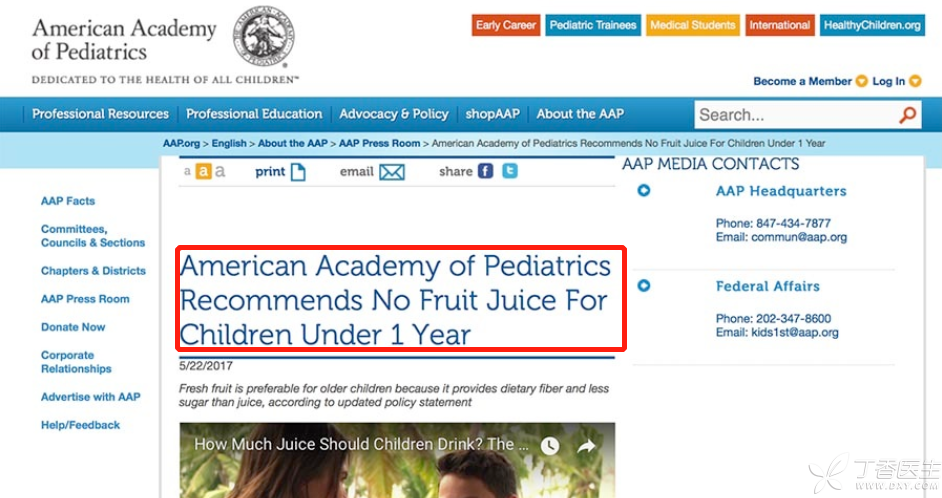
In addition, don’t trust the promotion of selling fruit juice in supermarkets. If you see concentrated fruit juice in the ingredient list, you can basically give up buying it. This concentrated fruit juice is likely to have been added with a large amount of sucrose for seasoning.
3. Limit Honey Intake
Botox infection may exist in honey, and babies within 1 year old should not eat it. After one year old, try to eat less honey, and the sugar in honey also belongs to the free sugar mentioned above.
4. Eat less or no sugary drinks
No matter carbonated drinks, tea drinks, lactic acid bacteria drinks or sugary yogurt, they are all large sugary drinks, and we should give them as little or no as possible to our children.
Instead, if you are thirsty, give your child more plain boiled water. In addition, drinking milk or sugar-free yogurt is a relatively healthy choice.
Good eating habits can benefit children for a lifetime.
It is very important for children to develop healthy taste preferences.
Every parent should keep in mind that whether it is salty or sweet, letting children contact too early will make children lose interest in natural food, thus affecting the balanced intake of nutrition.
Once the habit of eating sweets is formed, it is very difficult to change it after the child has a certain self-awareness.
The occurrence of many chronic diseases such as coronary heart disease, kidney disease and diabetes is related to long-term sweet eating habits.
After bad habits are formed, the crazy pursuit of sweet taste may last for the child’s whole life and can no longer be quit.
